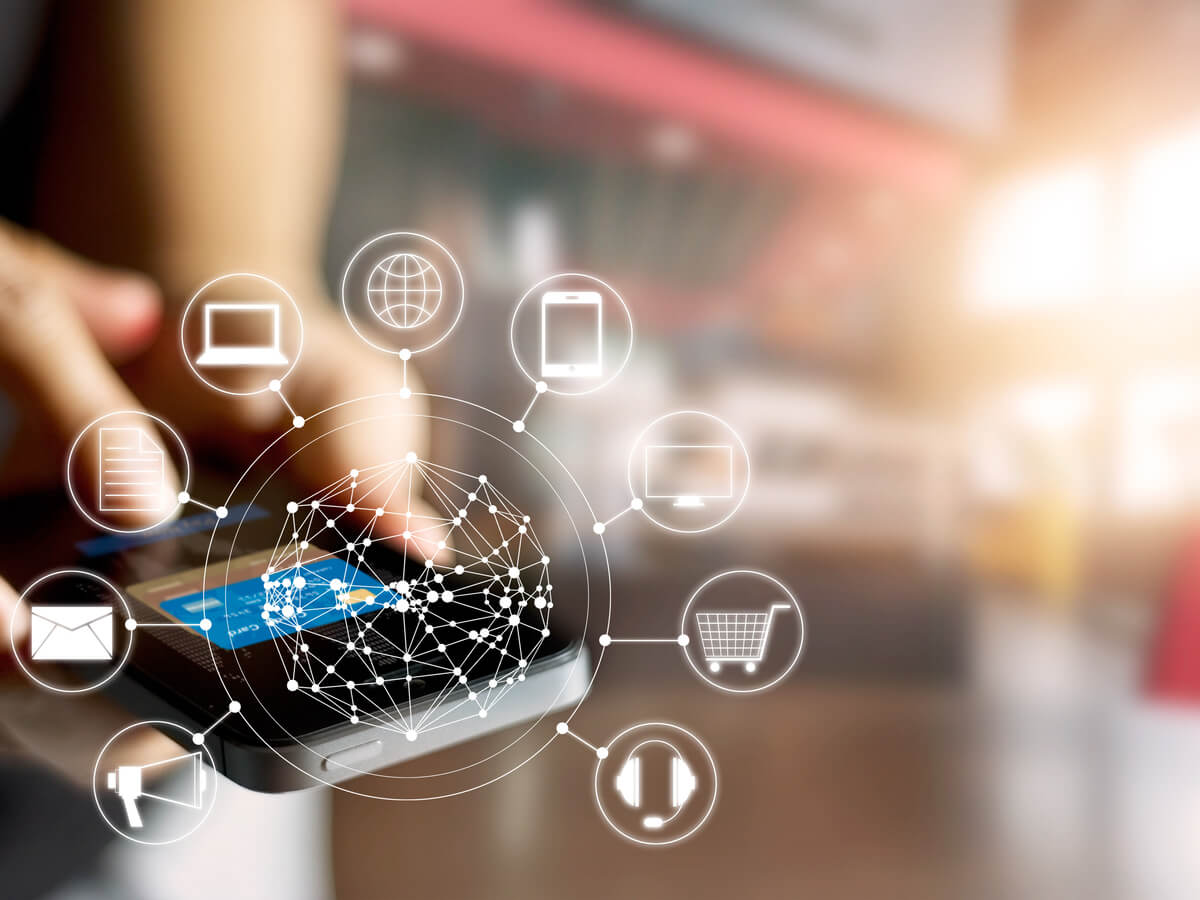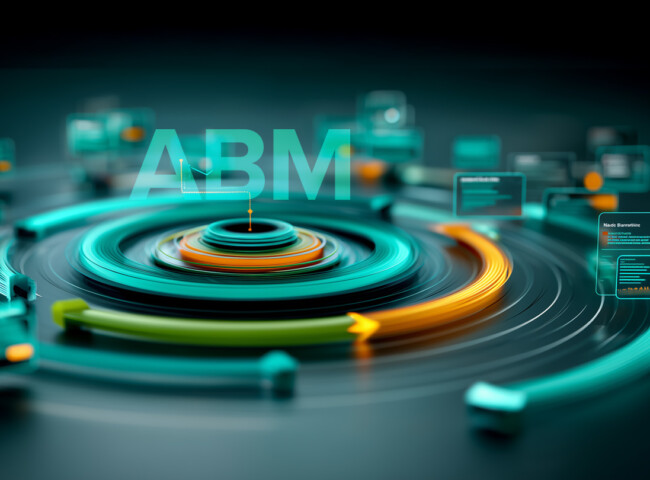What is Omniquality and what benefits will it bring to your business?

Perhaps you meant What is OMNICANALITY?
Omnichannel marketing is the integration of the various channels used by companies to interact with consumers, with the aim of creating a brand experience that is perpetuated in the memory.
This includes physical (e.g., stores) and digital (websites) channels.
The goal of an omnichannel strategy is to create a convenient and seamless user experience for consumers that offers many opportunities for satisfaction.
An omnichannel strategy can give consumers the opportunity to find and buy online, in-store or a combination of both, such as “buy online and pick up in-store.”
Thanks to online channels, modern consumers have more choices than ever before and expect real-time information.
Omni-channel marketing allows them to interact with brands on channels where the user has an immediate presence, leading to a better customer experience.

What is Omnichannel Marketing?
Omni-channel marketing takes a consumer-centric view.
Consumers can now interact with brands on countless channels, from social media to customer service hotlines.
An omni-channel approach ensures that the consumer has a positive and consistent experience in each channel by offering a few key elements:
- Consistent and identifiable brand tone and vision
- Personalized messaging based on specific interests
- Content that builds on past interactions and the current stage of the buyer’s journey
What are the benefits of Omnichannel Marketing?
Today, most brands would agree that an omnichannel approach generates the best results.
While implementing omnicality is far from simple, when done correctly it offers a wealth of benefits.
Today’s consumers are accustomed to being bombarded with messages from multiple brands and, as a result, have become increasingly selective about the brands they choose to interact with.
Creating omnichannel customer engagements can act as a brand differentiator, providing the following benefits:
- Better attribution data : becoming truly omnichannel should not only extend to a user’s experience with your brand, but also to their data analytics. By tracking engagements across all channels, brands gain a better understanding of what the customer journey looks like, when and where consumers prefer to engage and which campaigns have created the most value. All of this data can be fed back into their strategy to create more targeted campaigns and optimize media spend.
- Better user experience: since omnichannel focuses on the individual experience across devices rather than the channel, the customer experience (UX) is better. By focusing on the customer rather than the platform, companies can generate more sales and better retention rates.
- Cohesive brand identity and strategy: creating a seamless strategy across all channels means creating an easily identifiable brand image and tone. Organizations should base this image on the needs and core values of the audience. By focusing on the overall experience and working within your brand guidelines to target each channel, you will have a more holistic brand strategy that will result in greater loyalty and more targeted messaging.
- Increased revenue : Omnichannel encourages customers to interact with a brand across multiple touchpoints and channels. These diverse and increased engagements at each stage of the buyer’s journey can help increase revenue, as research shows that customers who interact with multiple touch points tend to be 30 percent more valuable. This more targeted messaging also builds loyalty, making a customer more likely to buy from your brand again. Repeat customers contribute on average 40 percent of revenue, despite being a smaller portion of your consumer base.

We offer you a customized Omnichannel Strategy, discover which channels will take you to the top.
Request your free consultation with our experts right here




